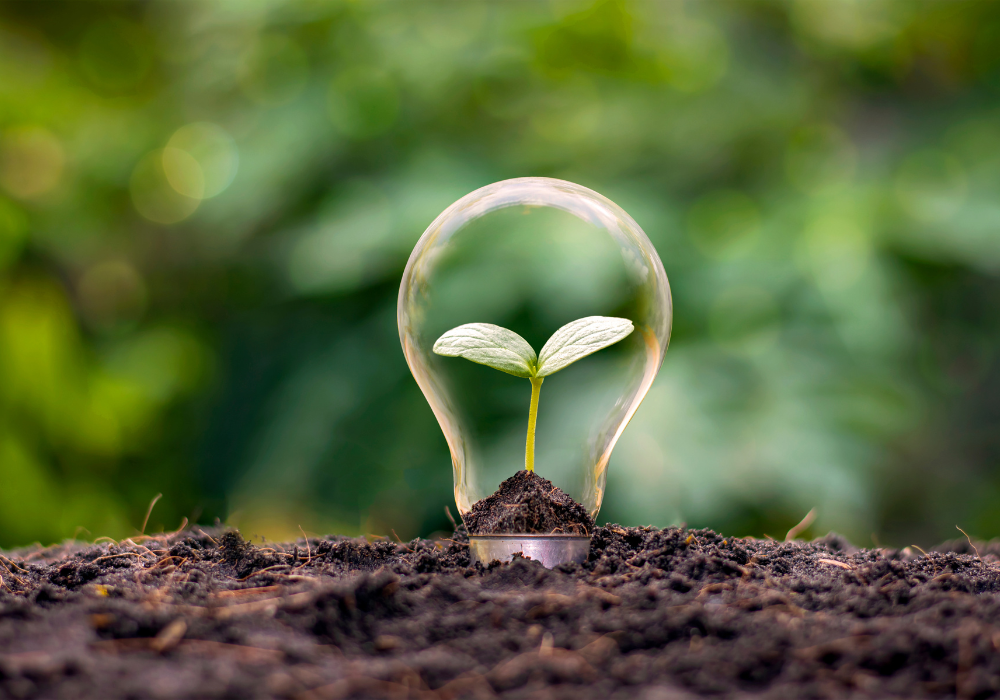Monday, 2 February 2026

In a moment both commemorative and catalytic, the TWAS Global Science Summit convened a distinguished gathering of thought leaders, policy architects, and scientific pioneers to reflect upon three decades of TWAS–India collaboration and chart the future course of equitable science and sustainable agriculture. At its intellectual epicentre stood two formidable figures—Dr. Quarraisha Abdool Karim, President, The World Academy of Sciences, Italy and Prof. Lindiwe Majele Sibanda, Co- Chair, Curt Bergfors Food Planet Prize & Extra-Ordinary Professor, University of Pretoria, South Africa—who eloquently delineated a vision for global scientific cooperation rooted not merely in output, but in justice, dignity, and shared resilience.

Dr. Quarraisha Abdool Karim opened with a reflection on the extraordinary legacy of Dr. M.S. Swaminathan, whose catalytic role in the Green Revolution transformed India from a famine-stricken nation to a food-secure republic. She recalled how the 1943 Bengal Famine seared the conscience of a young Swaminathan, galvanizing a lifelong commitment to scientific solutions for social justice. The introduction of 18,000 tonnes of Mexican wheat to Punjab in 1966—under Swaminathan’s stewardship—ignited a transformation that saw India’s wheat production leap from 5 to 17 million tonnes, ultimately rendering the nation Aatmanirbhar in foodgrain production. Today, India stands not only self-sufficient in wheat but surplus in rice, a testament to what she called “science in service of society.”
Dr. Karim underscored that the TWAS–India South-South cooperation initiative, shaped profoundly by this ethos, has matured into one of the world’s most robust scientific alliances. With over 607 fellowships granted and 244 TWAS Fellows based in India, the programme has become a veritable fulcrum for capacity building, talent mobility, and knowledge exchange. Indian institutions have emerged as global magnets for South-South scientific engagement, fostering innovation that is not extractive but regenerative. In an age defined by planetary crisis and polycrisis, she noted, such cooperation is not aspirational but existential—vital for global stability, sustainable development, and technological sovereignty.

Taking the baton forward, Prof. Lindiwe Majele Sibanda brought to the fore the evocative concept of “Biohappiness”—an intellectual reimagining of agriculture that reclaims its original mandate: to nourish, to heal, and to regenerate. If the Green Revolution was a heroic response to hunger, she argued, the time is now ripe for an Evergreen Revolution that marries productivity with ecological integrity and human dignity.
She called for Africa’s own “Rainbow Revolution,” one that eschews the narrowness of monocultures in favour of diversified farming systems encompassing pulses, horticulture, aquaculture, dairy, and oilseeds. But diversification alone is not enough; inclusivity must be its soul. Prof. Sibanda urged deeper engagement of farmers, women, youth, and indigenous communities in the innovation ecosystem. She advocated for “Creating Shared Value” (CSV) as a strategic imperative for the agri-food sector—where commercial incentives and public goods are not in tension but in tandem. Climate-smart solutions, circular economy models, and nutrition-sensitive agriculture must become cornerstones of this new paradigm.
Reiterating that “the future of happiness depends on the future of farming,” Prof. Sibanda drew attention to India’s current position—118th on the World Happiness Index—as a poignant reminder that economic growth alone cannot guarantee well-being. The ultimate metric of development, she suggested, must be the biohappiness of its people.
In an address rich with gravitas and purpose, Shivraj Singh Chouhan echoed these sentiments, invoking Swaminathan’s moral exhortation: “Live for the country, live for society, live for farmers.” He reminded the audience that India’s scientific journey in agriculture has always been as much ethical as it has been empirical. Looking ahead, he called for a renewed national resolve—Viksit Krishi Sankalp—to boost pulse production, integrate environmental sustainability into every stage of technological development, and keep the ideal of zero hunger as our collective North Star.
What emerged from the Summit was not merely a retrospective celebration, but a powerful call to action. In the spirit of Dr. Swaminathan’s philosophy, science must not remain the privilege of a few but the lifeline of the many. As climate volatility accelerates, geopolitical alliances shift, and technological divides threaten to deepen, TWAS and India stand poised to lead a new kind of global compact—one where science becomes the scaffold for both planetary survival and human fulfilment.
As Dr. Swaminathan himself once presciently observed, “If agriculture goes wrong, nothing else will have a chance to go right.” The TWAS Global Science Summit affirmed that it is not only agriculture that must go right—but the science, policy, and partnership that underpin it. The seeds of biohappiness have been sown; it is now for the world to cultivate their promise.